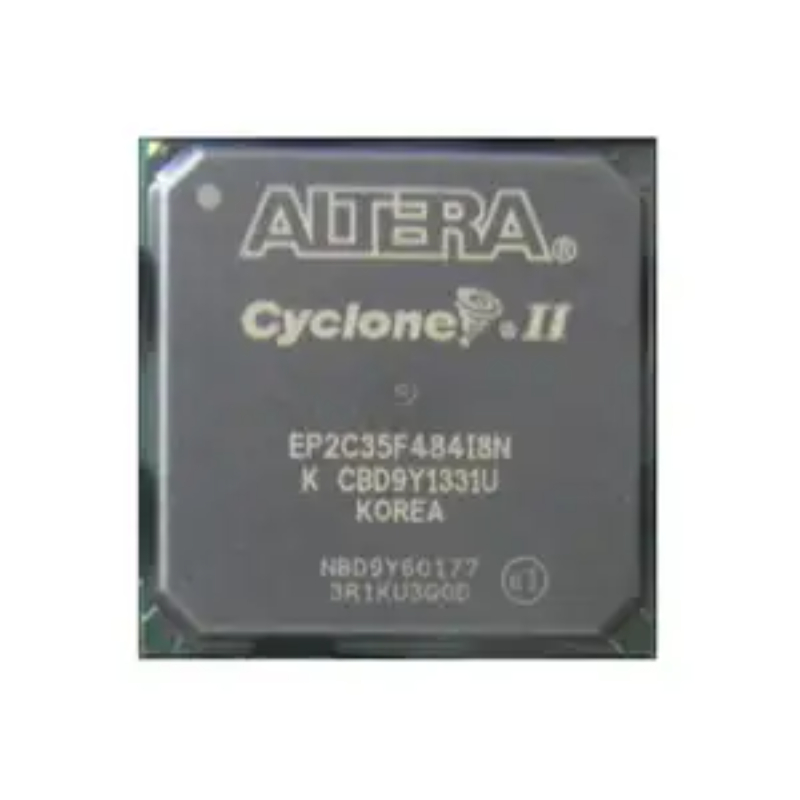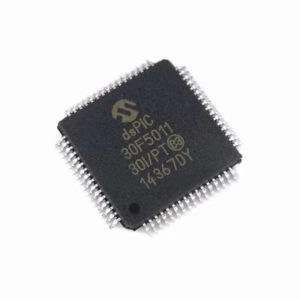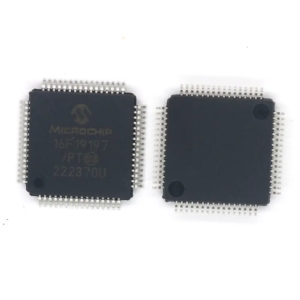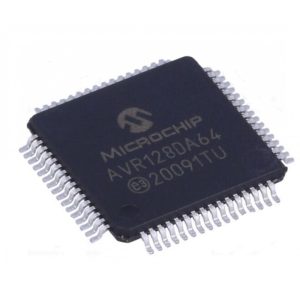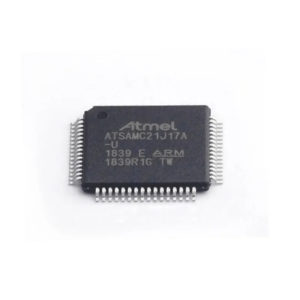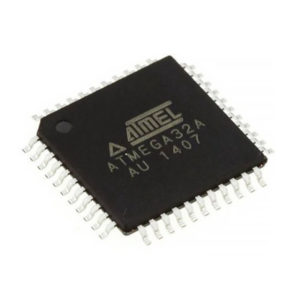EP2C35F484I8N
| Manufacturer | Altera |
| Description | IC FPGA 322 I/O 484FBGA |
| Category | Integrated Circuit |
| Package | BGA-484 |
| Status | New & original |
| Ship From | HK/SHENZHEN |
| Stocks | 10,000 |
Please submit your BOM List or Input the part online
Description
The EP2C35F484I8N is a specific model of FPGA (Field-Programmable Gate Array) from the Cyclone II family, manufactured by Intel (formerly Altera). This FPGA offers 35,000 logic elements and 484 user I/O pins, along with other features such as embedded memory, PLLs, and high-speed transceivers.
FPGAs like the EP2C35F484I8N are versatile integrated circuits that can be programmed to perform various tasks and functions. Some of the common applications where this FPGA model can be utilized include:
1. Industrial Control Systems: FPGAs are commonly used in industrial control systems for tasks such as process control, monitoring, and communication with sensors and actuators. They offer real-time processing capabilities, high reliability, and flexibility to adapt to different control algorithms.
2. Communication Systems: FPGAs find application in communication systems for tasks such as protocol conversion, data encoding/decoding, and signal processing. They can handle high-speed data streams, implement complex communication protocols, and provide low-latency processing.
3. Video and Image Processing: FPGAs are utilized in video and image processing systems for tasks such as video encoding/decoding, image recognition, and real-time video analytics. They offer parallel processing capabilities and can handle the high computational requirements of multimedia applications.
4. Test and Measurement Equipment: FPGAs are commonly used in test and measurement equipment for tasks such as signal generation, data acquisition, and hardware testing. They provide flexibility in designing custom test scenarios, real-time processing capabilities, and high-speed data handling.
5. Automotive Electronics: FPGAs find application in automotive electronics for tasks such as engine control, driver assistance systems, and infotainment systems. They offer the ability to interface with various sensors and actuators, implement complex control algorithms, and handle real-time processing requirements.
6. Medical Devices: FPGAs are utilized in medical devices such as imaging systems, patient monitoring equipment, and diagnostic instruments. They enable real-time signal processing, data analysis, and integration with different sensors and peripherals used in healthcare applications.



















































